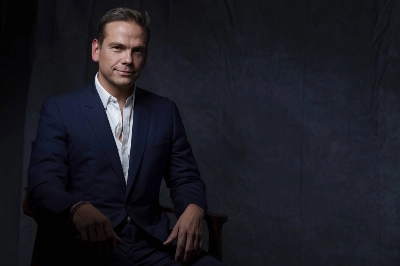Rupert Murdoch’s decision to retire as chairman of News Corp. and Fox Corp., making way for his eldest son, Lachlan Murdoch, marks the end of an era in the media industry — the era of the press barons. Or rather, it marks the beginning of the end of this era, as it is difficult to believe that a retired Murdoch will devote himself entirely to the art of shuffleboard.
Rupert Murdoch is the only contemporary figure who can be spoken of in the same breath as the great press barons of yesteryear: Alfred Harmsworth, the Napoleon of Fleet Street who invented the tabloid; William Randolph Hearst, who perfected the arts of sensationalism, salaciousness and warmongering; and Lord Beaverbrook, who competed with Hearst in his enthusiasm for blurring the line between reporting the news and making it. If Hearst gave the world Orson Wells’ Citizen Kane and Beaverbrook Evelyn Waugh’s Lord Copper, Murdoch gave it Logan Roy, the foul-mouthed master of family dysfunction.
Murdoch’s contemporary press barons were bit players by comparison, either because they failed to match his global scope or because they flamed out. Conrad Black came closest in his global ambitions with an empire that stretched from Britain, where he owned The Telegraph and The Spectator, to Israel, Canada and the United States, but ended up in prison for mail fraud and obstruction of justice. (Donald Trump later pardoned him.) Robert Maxwell committed suicide after bankrupting his companies and raiding their pension funds. David and Frederick Barclay, aka the "Barclay brothers," who also owned The Telegraph and The Spectator, only mattered in Britain and their empire is now with the receivers. Arthur Gregg Sulzberger certainly wields enormous power as the sixth member of the Ochs Sulzberger family to act as publisher of The New York Times, but, with all due respect for young Sulzberger, he is no Rupert Murdoch. Perhaps the only person to come close was Axel Springer, the flamboyant owner of Bild and Die Welt, yet while Springer was frequently described as the "German Murdoch," nobody refers to Murdoch as the "Australian Axel Springer."



















With your current subscription plan you can comment on stories. However, before writing your first comment, please create a display name in the Profile section of your subscriber account page.